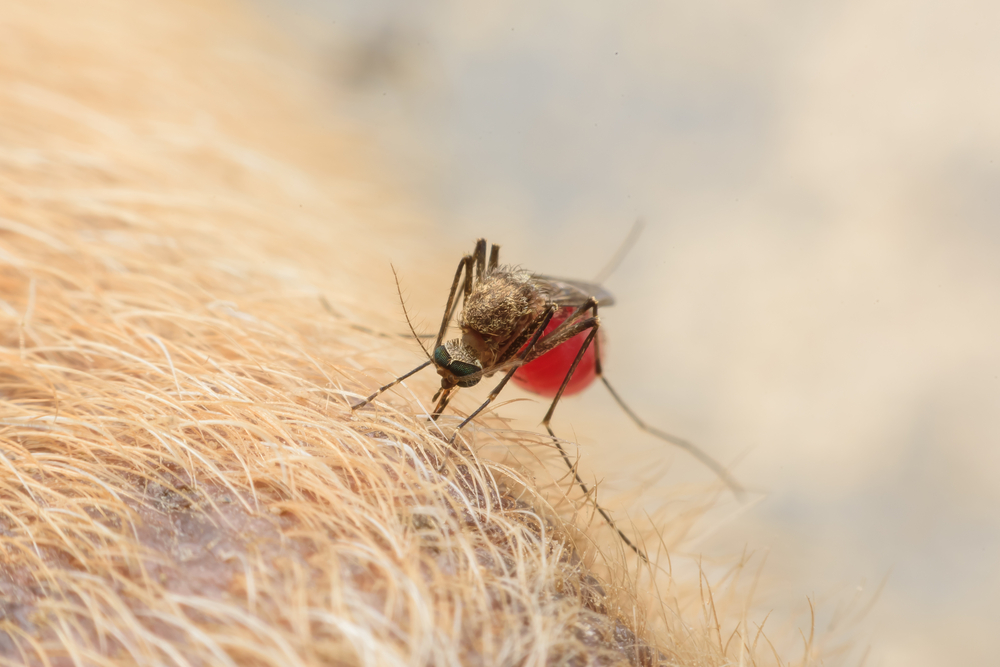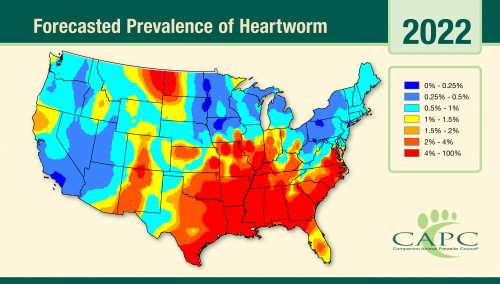
2022 Important Information for Pet Owners
Health for our pets is so important to pet owners. We deal with information overload. It can become so confusing and
overwhelming, not to mention seem like an endless moneypit. Wnctimes takes a look at how we can because we are
pet owners, too!
Heartworm illness, Lyme disease, ehrlichiosis, and anaplasmosis pathogens are still spreading across the United States in 2022. Rehoming of pets, changes in vector distribution and prevalence, changes in wildlife populations and their incursion into newly developed and reclaimed areas, changes in habitat due to natural or human-induced processes, and short and long-term changes in climatic conditions have all increased risks. Pet and human vector-borne infections are still mostly transmitted by ticks and mosquitoes.
The estimates for 2022, backed up by continuing research, point to areas where we can do more to reduce the danger of companion animals being exposed to disease vectors. Preventing contact between companion animals and these vectors is the best preventive precaution that veterinarians and their clients can take. The use of treatments that kill and/or repel mosquitoes and ticks, as well as year-round heartworm prophylaxis, are the cornerstones of these prevention efforts.
The best way to provide full internal and external parasite control is to use prophylactic treatments all year. Testing should be done once a year to ensure compliance and preventive efficacy.
Rehoming of pets, changes in vector distribution and prevalence, changes in wildlife populations and their incursion into newly developed and reclaimed areas, changes in habitat due to natural or human-induced processes, and short and long-term changes in climatic conditions have all increased risks. Pet and human vector-borne infections are still mostly transmitted by ticks and mosquitoes.
The best preventive steps you can take as a pet owner is to reduce your pet's exposure to mosquitoes and ticks. The use of treatments that kill and/or repel mosquitoes and ticks, as well as year-round heartworm prevention and annual testing for these diseases, are strongly advised. Your veterinarian is the best person to ask about the safest and most efficient ways to prevent disease
The above information is from various websites. We did find a great resource, The Companion Animal Parasite Council (CAPC), which many of the sites we looked that refer to this site for their own information.
The Companion Animal Parasite Council (CAPC) is an independent council of veterinarians, veterinary parasitologists, and other animal health care professionals established to create guidelines for the optimal control of internal and external parasites that threaten the health of pets and people.
Below is the map provided on CAPC's website.

To keep updated, we are providing a link to their site.
For the CAPC Site Click here
Facebook: here


 How to resolve AdBlock issue?
How to resolve AdBlock issue? 